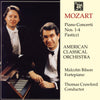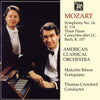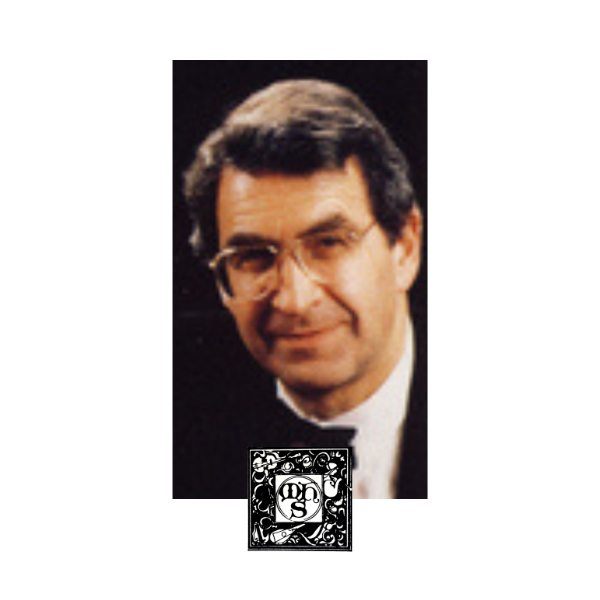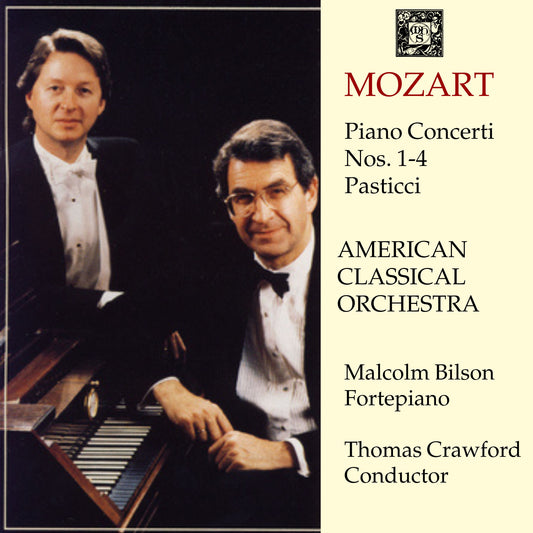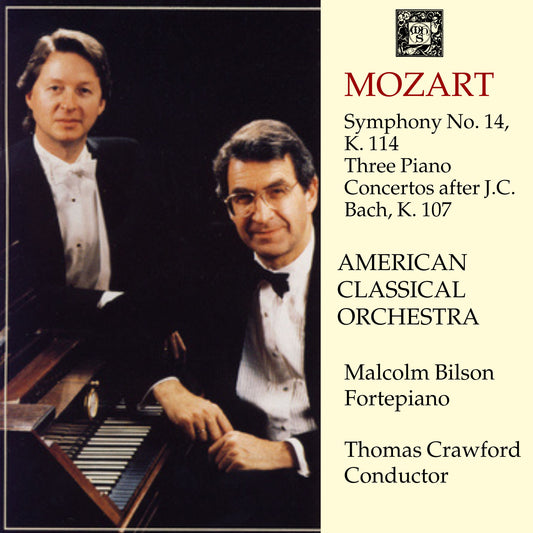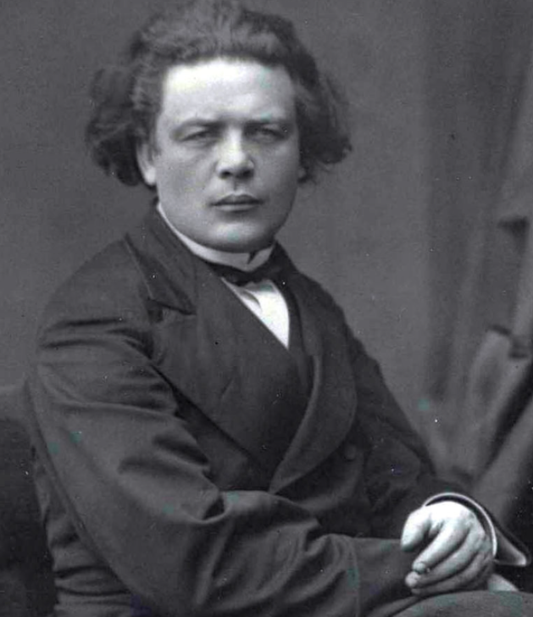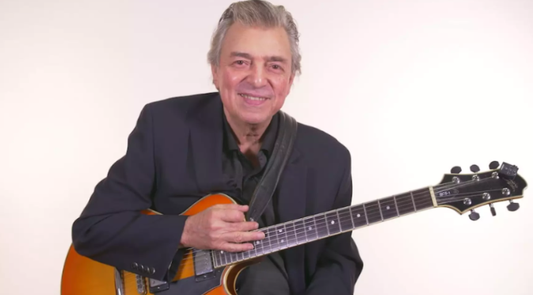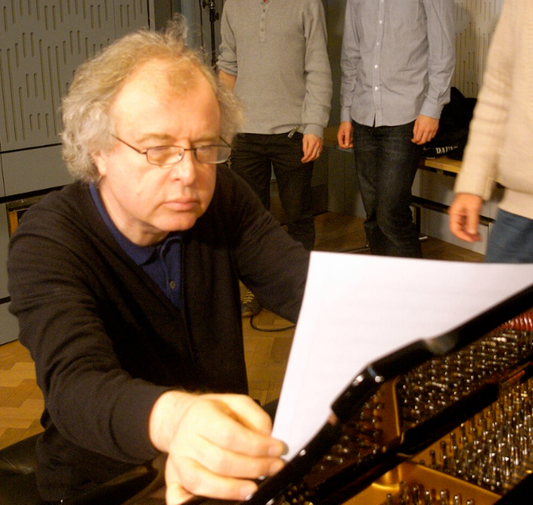Collection: MALCOLM BILSON: THE MUSICAL HERITAGE SOCIETY RECORDINGS
Malcolm Bilson is a highly influential American pianist, musicologist, and educator, renowned as a pioneering figure in the historically informed performance (HIP) movement, particularly on the fortepiano. Born in Los Angeles in 1935, Bilson initially trained on the modern piano but became fascinated with the keyboard instruments prevalent during the Classical and early Romantic eras.
He dedicated much of his career to exploring, performing, and advocating for the use of the fortepiano – the type of instrument Mozart, Haydn, and Beethoven composed for. Bilson compellingly argued that these earlier pianos possess unique tonal characteristics, touch sensitivity, and articulation possibilities essential to understanding and authentically interpreting the music written for them. His approach revealed expressive nuances often lost on the more powerful modern concert grand.
Bilson's landmark recordings, particularly his complete cycle of Mozart piano concertos with John Eliot Gardiner and the English Baroque Soloists, and his traversal of Beethoven's piano sonatas on period instruments, are considered seminal contributions to the recorded repertoire. These performances challenged conventional interpretations and significantly raised the profile of historical keyboards.
For decades, Bilson served as the Frederick J. Whiton Professor of Music at Cornell University, where he mentored generations of students, profoundly shaping the field of historical performance practice worldwide. Through his performances, recordings, teaching, and writings, Malcolm Bilson has fundamentally altered how musicians and audiences engage with 18th and early 19th-century keyboard music, championing the expressive power of the instruments for which it was originally conceived.

